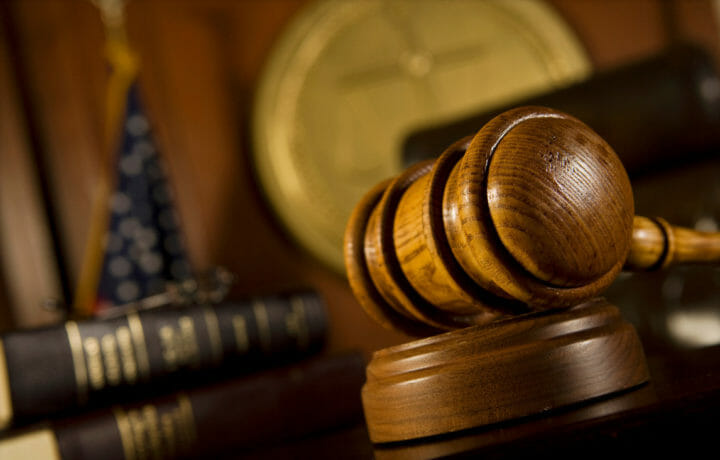Nothing epitomizes the hapless Homer Simpson quite like his trademark phrase after making a mistake: “D’oh!”
DOHA, or the Defense Office of Hearings and Appeals, has nothing to do with The Simpsons, but the Defense Department’s forum for fighting security clearance denials and revocations does see an awful lot of Homer-like human behavior.
I know since I represented clearance applicants before DOHA (among other federal agencies) for a decade before retiring from the private practice of law in 2023. Here are a few of the more common applicant mistakes I saw that put the “D’oh!” in DOHA.
Applicants Attempting to Represent Themselves
Many people appearing before DOHA represent themselves. I think there are a few factors contributing to this dynamic. First, the issue of cost. A lot of applicants chafe at the idea of spending thousands on legal representation, and I understand that. But when compared against the loss of a paycheck and career, this number seems paltry.
Second, many applicants are unaware that there are attorneys who make a practice in this area, although public awareness has increased in recent years thanks to resources like ClearanceJobs. Applicants should look for counsel who practices exclusively or nearly exclusively in this and/or closely related areas like federal employee discipline. Beware of jack-of-all-trades attorneys or those who advertise with lofty language and visuals but lack objective expertise to back-up their claims.
Third, some security managers dissuade applicants under their charge from hiring counsel with claims that the DOHA process is designed for applicants to be able to represent themselves. DOHA itself used to publicly make this claim, but their pre-hearing guidance to applicants was revised years ago to conform with reality. The reality is that DOHA proceedings are an adversarial, court-like process where the government is represented by a full-time DOHA attorney effectively acting as a prosecutor. Applicants representing themselves are at a distinct disadvantage before the proceedings even start.
Applicants Failing to Provide Evidence to Support their Claims
Far too many applicants go into DOHA hearings thinking that they will be taken at their word for statements they make under oath. Credibility certainly plays a role in establishing truth; but credibility can also take a hit when corroborating evidence could have been obtained and wasn’t. Regardless, the burden of proof in these proceedings is on the applicant – not the government, as in criminal cases. That means things like documentary evidence and witness testimony are often critical to obtaining a favorable outcome. Unfortunately, the type of evidence that can help – or hurt – an applicant’s case isn’t always intuitive. This is yet another reason for obtaining counsel from the outset.
Applicants Promising Future Actions in Mitigation
Peruse the cases on the DOHA website and one will find an inordinate number of applicants whose defense is to promise future actions in mitigation. Most often, these are financial cases where the applicant has procrastinated in paying taxes or bills and attempts to convince the judge that s/he has every intention of doing it “soon” or after some other event (another paycheck, receipt of an annual bonus, once their accountant has finished preparing their delinquent tax returns, etc.). This is a losing argument, but applicants continue to try it.
Applicants Failing to Take the Process Seriously
Finally, no one procrastinates quite like the man himself, Homer Simpson. In that spirit, a good number of DOHA second-level (final) appeals are from applicants who made one of the preceding mistakes at their hearing and are now scrambling to reverse an unfavorable outcome on appeal. Unfortunately, that’s often too late, since the DOHA Appeal Board does not hear cases de novo. Applicants contesting an unfavorable Hearing Office decision before the Appeal Board are generally precluded from introducing new evidence or raising matters not in the hearing record. This significantly limits the scope of most appeals to legal arguments instead of factual ones.
For more on these issues, including DOHA’s Pre-Hearing Guidance and Appeal Instructions, applicants can visit the DOHA webpage here.
This article is intended as general information only and should not be construed as legal advice. Although the information is believed to be accurate as of the publication date, no guarantee or warranty is offered or implied. Laws and government policies are subject to change, and the information provided herein may not provide a complete or current analysis of the topic or other pertinent considerations. Consult an attorney regarding your specific situation.




